Data Science and Machine Learning Internship ...
- 22k Enrolled Learners
- Weekend/Weekday
- Live Class
Artificial Intelligence is a Buzzword in the Industry today and for a good reason. AI or Artificial Intelligence has already made so much progress in the Technological field and according to a Gartner Report, Artificial Intelligence is going to create 2.3 million Jobs by 2024, replacing the 1.8 million it will eliminate. So, Let’s get started with this Artificial Intelligence Tutorial in the following order:
AI is a technique that enables machines to mimic human behavior. Artificial Intelligence is the theory and development of computer systems able to perform tasks normally requiring human intelligence, such as visual perception, speech recognition, decision-making and translation between languages.
If you ask me, AI is the simulation of human intelligence done by machines programmed by us. The machines need to learn how to reason and do some self-correction as needed along the way.
Artificial Intelligence is accomplished by studying how human brain thinks, learns, decide, and work while trying to solve a problem, and then using the outcomes of this study as a basis of developing intelligent software and systems. So, Let’s continue this Artificial Intelligence Tutorial and understand it’s importance.
Artificial Intelligence (AI) is transforming different industries, including digital art. One of the most popular tools in AI is midjourney, Which helps to create the text format to Image format. Are you interested to know more about this technology? Then enroll in our MidJourney course for beginners today!
Elevate your expertise in AI! Enroll in our Gen AI Course. Cultivate skills to shape AI outputs and fuel innovation. Don’t miss out — kickstart your journey today!
Artificial Intelligence (AI) has made it possible for machines to learn from experience and grow to perform human-like tasks. A lot of flashy examples of Artificial Intelligence you hear about like Self Driving Cars, Chess Playing Computers rely heavily on Deep Learning and Natural Language Processing. Using these technologies, computers can be trained to accomplish specific tasks by processing large amounts of data and recognizing patterns in the data.
There are a lot of Areas which contribute to Artificial Intelligence namely:
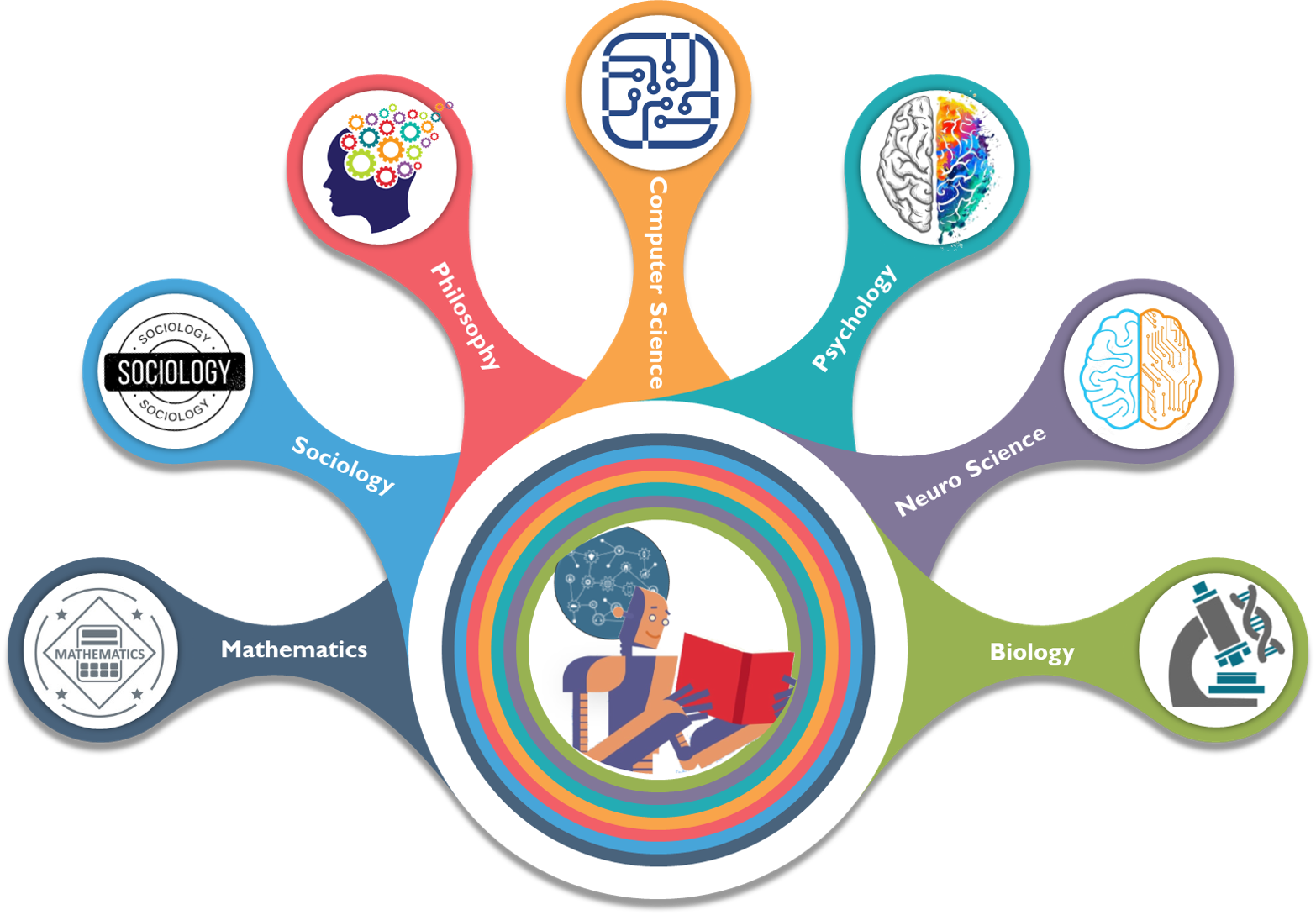
If we have a look at the Importance of Artificial Intelligence:
Immerse yourself in the fascinating world of Generative AI with our Introduction to Generative AI program. This course will equip you with the skills and knowledge to create unique and creative content, from music and art to text and images. Explore the vast possibilities of Generative AI and learn how to unleash your creativity by enrolling now. Don’t miss out on this incredible opportunity to become a master of Generative AI!
Now, Let’s continue this Artificial Intelligence Tutorial and understand the various applications of Artificial Intelligence in the industry.
This 𝐂𝐡𝐚𝐭𝐆𝐏𝐓 𝐓𝐮𝐭𝐨𝐫𝐢𝐚𝐥 is intended as a Crash Course on 𝐂𝐡𝐚𝐭𝐆𝐏𝐓 for Beginners. 𝐂𝐡𝐚𝐭𝐆𝐏𝐓 has been growing in popularity exponentially. But, 𝐂𝐡𝐚𝐭𝐆𝐏𝐓 is still not known to many people. In this video, I aim to show you the different ways in which you can use 𝐂𝐡𝐚𝐭𝐆𝐏𝐓 for yourself. 𝐂𝐡𝐚𝐭𝐆𝐏𝐓 has been the buzzword for a while now. This yap lab was put on the throne 5 days after its release and has been changing the game ever since.
There are various applications of Artificial Intelligence in the Industry, here are a few of the important ones that are present in our Day to Day tasks.



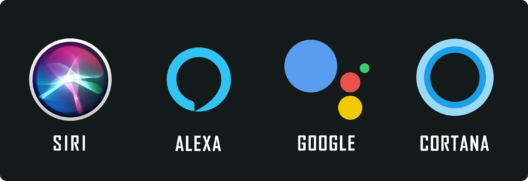
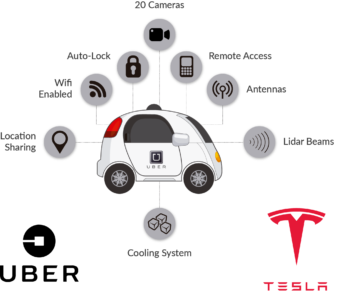
Artificial Intelligence covers a lot of Domains Nowadays. Let’s continue this Artificial Intelligence Tutorial and discuss the Major Domains with heavy research going on which are namely:
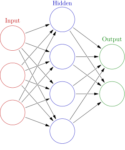 Neural Networks are a class of models within the general machine learning literature. Neural networks are a specific set of algorithms that have revolutionized machine learning and Artificial Intelligence.
Neural Networks are a class of models within the general machine learning literature. Neural networks are a specific set of algorithms that have revolutionized machine learning and Artificial Intelligence.

Robotics is a branch of AI, which is composed of different branches and application of robots. AI Robots are artificial agents acting in a real-world environment. Artificial Intelligence Robot is aimed at manipulating the objects by perceiving, picking, moving, and destroying it.

In artificial intelligence, an expert system is a computer system that emulates the decision-making ability of a human expert. It is a computer program that uses artificial intelligence (AI) technologies to simulate the judgment and behavior of a human or an organization that has expert knowledge and experience in a particular field.
Fuzzy logic is an approach to computing based on “degrees of truth” rather than the usual “true or false” (1 or 0) Boolean logic on which the modern computer is based. Fuzzy logic Systems can take imprecise, distorted, noisy input information.

Fuzzy logic is a solution to complex problems in all fields of life, including medicine, as it resembles human reasoning and decision making. To know how AI fuzzy logic is solving problems in UI/UX design. Enroll in our AI for Designers Course today!
Natural Language Processing (NLP) refers to the Artificial Intelligence method of communicating with intelligent systems using a natural language.
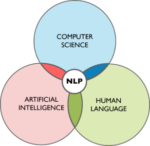
By utilizing NLP and its components, one can organize the massive chunks of text data, perform numerous automated tasks and solve a wide range of problems such as – Machine translation, Named Entity Recognition, Sentiment Analysis, Speech Recognition, and Topic Segmentation etc.
AI tools like GitHub Copilot, Tabnine, DeepCode, Kite, Intellicode, etc., are helping software developers to think more innovatively and solve complex problems quickly, increasing productivity, etc. To learn more about Generative AI tools for software development, enroll in our Generative AI for Java developers course today!
According to the job site Indeed, the demand for AI skills has more than doubled over the past three years, and the number of job postings is up by 119 %. This Artificial Intelligence Tutorial will be incomplete without the different Jobs Profiles. So, if Artificial Intelligence appeals to you and you want a Job in the AI field, then here are the different Job Profiles you can apply for if you have AI Skills.
Machine learning engineers are sophisticated programmers who develop machines and systems that can learn and apply knowledge without specific direction. Artificial intelligence is the goal of a machine learning engineer.
They are computer programmers, but their focus goes beyond specifically programming machines to perform specific tasks. They create programs that will enable machines to take actions without being specifically directed to perform those tasks and earn a whopping $111,490 per annum.
Data scientists are those who crack complex data problems with their strong expertise in certain scientific disciplines. They work with several elements related to mathematics, statistics, computer science, etc.
The data scientist role is a position for specialists. You can specialize in different types of skills like speech-analytics, text analytics (NLP), image processing, video processing, medicine simulations, material simulation, etc. Each of these specialist roles is very limited in number and hence the value of such a specialist is immense with an average Salary of $91,470.
3. Artificial Intelligence Engineer
An artificial intelligence engineer works with algorithms, neural networks, and other tools to advance the field of artificial intelligence in some way. Engineers may also choose between projects involving weak or strong artificial intelligence, where different setups focus on different capabilities. the salary for an AI Engineer is around $105,244.
4. Business Intelligence Developer
A Business Intelligence developer spends a lot of time researching and planning solutions for existing problems within the company. The Business Intelligence Developer is responsible for aggregating data from multiple sources in an efficient data warehouse and designing enterprise-level solutions for very large multidimensional databases.
Business intelligence developers play a key role in improving the efficiency and profitability of a business. It’s a career that’s in high demand and commands an annual median salary of $92,278.
To minimize human error and increase work efficiency AI tools are implemented in every industry. For example, in the HR field, AI is helping by doing HR activities like resume screening, recruitment process, onboarding process, Payroll related works, etc. To know how to use AI tools in your sector enroll in our AI tools course today!
5. Research Scientist
Research scientists are responsible for designing, undertaking and analyzing information from controlled laboratory-based investigations, experiments, and trials. You could work for government laboratories, environmental organizations, specialist research organizations or universities and earn an average salary of $105,666.
6. Big Data Engineer/Architect
Big data engineers and architects have among the best paying jobs in artificial intelligence. In fact, they command an annual median salary of $151,307.
The Big Data solutions architect is responsible for managing the full life-cycle of a Hadoop solution. This includes creating the requirements analysis, the platform selection, design of the technical architecture, the design of the application design and development, testing, and deployment of the proposed solution.
Companies that hire top AI talent range from startups like Argo AI to tech giants like IBM. According to Glassdoor, these are the leading employers who hired top AI talent over the past year.
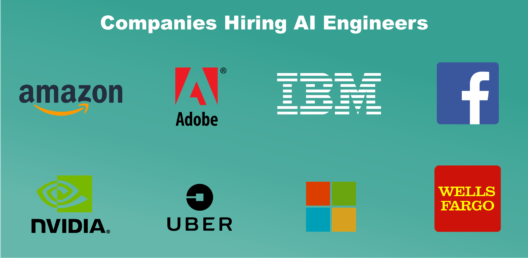
So, with this, we come to an end of this Artificial Intelligence Tutorial article. I Hope you got an understanding of the various elements of Artificial Intelligence and where AI is used. The different job profiles one could go for once got the right skills.
So, this Artificial Intelligence Tutorial is based on the AI Course is curated by industry professionals as per the industry requirements & demands. You will master the concepts such as SoftMax function, Autoencoder Neural Networks, Restricted Boltzmann Machine (RBM) and work with libraries like Keras & TFLearn. The course has been specially curated by industry experts with real-time case studies.
Also, Elevate your skills and unlock the future of technology with our Prompt Engineering Course Online! Dive into the world of creativity, innovation, and intelligence. Harness the power of algorithms to generate unique solutions. Don’t miss out on this opportunity to shape the future – enroll now and become a trailblazer in Generative AI. Your journey to cutting-edge proficiency begins here!
Got a question for us? Please mention it in the comments section of “Artificial Intelligence Tutorial” and we will get back to you.
Improving communication, content generation, data analysis, decision-making based on inputs, making innovations, improving accessibility, etc. These are some helpful benefits of LLM applications in every industry. To know more, Enroll in our LLM engineering course today!